Filter by
The language used throughout the course, in both instruction and assessments.
Results for "cardiovascular+training"
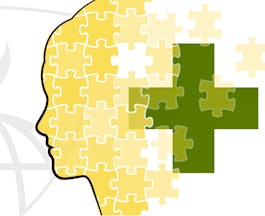

Johns Hopkins University
Skills you'll gain: Triage, Crisis Intervention, Rapport Building, Emergency Response, Trauma Care, First Aid, Interpersonal Communications, Community Mental Health Services, Mental Health, Stress Management, Patient Referral, Health Assessment
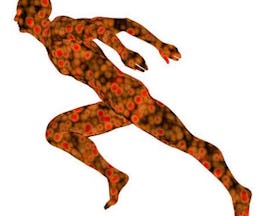

University of Colorado Boulder
Skills you'll gain: Kinesiology, Physical Therapy, Behavioral Health, Health Assessment, Preventative Care, Blood Pressure, Respiration, Anatomy, Life Sciences, Stress Management, Vital Signs, Injury Prevention, Pharmaceuticals, Risk Analysis
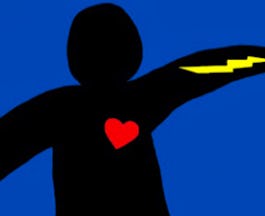 Status: Free
Status: Free
Duke University
Skills you'll gain: Respiration, Anatomy, Vital Signs, Life Sciences, General Medicine, Augmented and Virtual Reality (AR/VR)

Skills you'll gain: Microsoft Power Platform, Microsoft Power Automate/Flow, Power BI, Microsoft 365, Multimedia, Microsoft PowerPoint, Dashboard, Microsoft Excel, Excel Formulas, Microsoft Word, Data Visualization, Presentations, Spreadsheet Software, Microsoft Outlook, Data Integration, Business Intelligence, Business Process Automation, Productivity Software, Application Development, Data Analysis Software
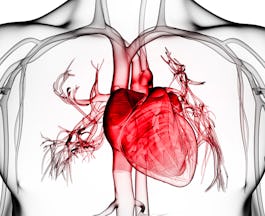 Status: Free
Status: Free
University of Pennsylvania
Skills you'll gain: Vital Signs, Respiration, Health Assessment, Anatomy, Health Care, Patient Treatment
 Status: Free
Status: Free
University of Florida
Skills you'll gain: Coaching, Pediatrics, Kinesiology, Anatomy, Injury Prevention, Education and Training, Growth Mindedness, Physical Therapy, Human Factors, Scientific Methods

Skills you'll gain: Training and Development, Adult Learning Principles, Employee Training, Developing Training Materials, Employee Engagement, Compliance Training, Instructional Design, Management Training And Development, Workforce Development, On-The-Job Training, Needs Assessment, Program Evaluation
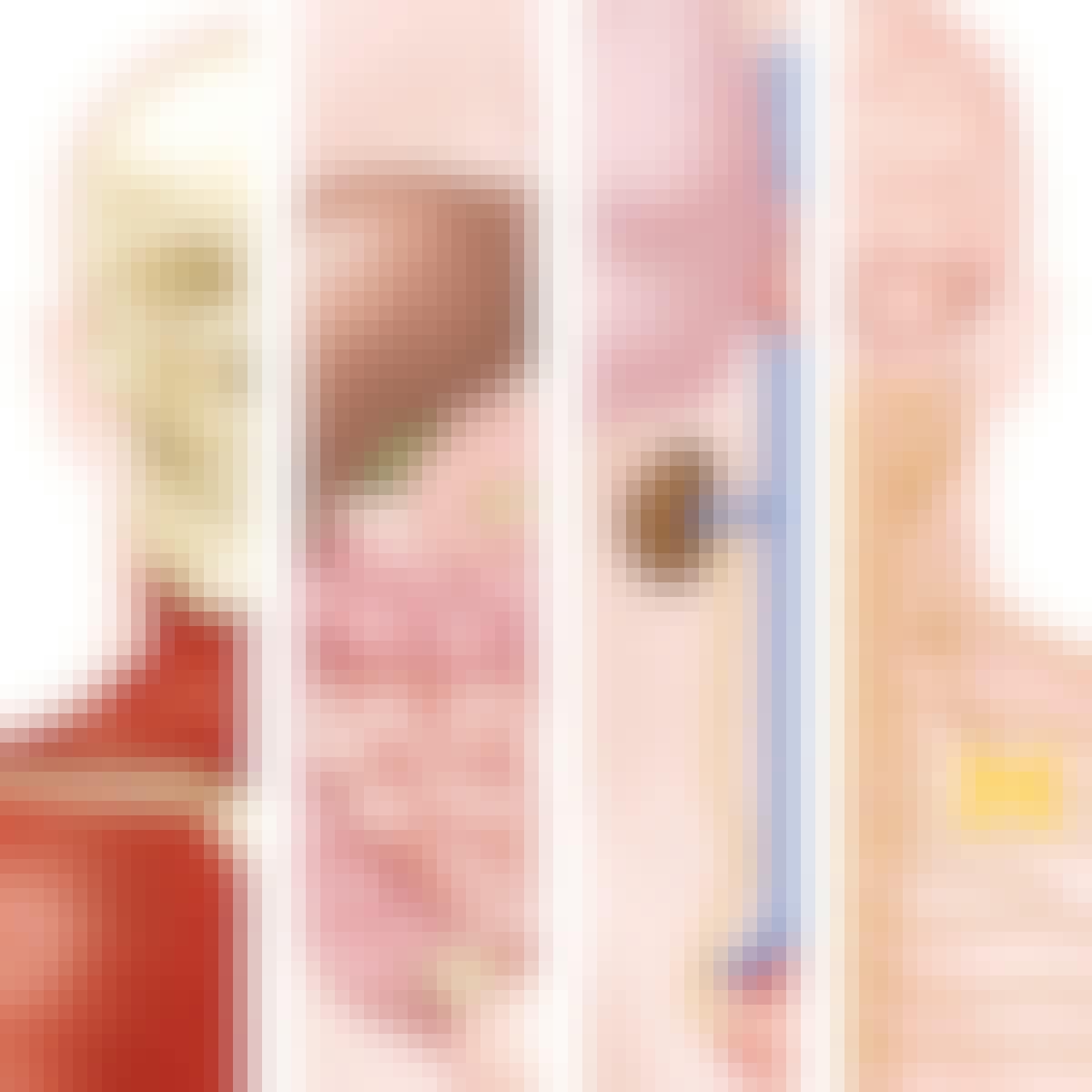

University of Michigan
Skills you'll gain: Anatomy, Respiration, Kinesiology, Life Sciences, Vital Signs, Health Systems, Physical Therapy, Medical Terminology, Psychology, Clinical Experience, Structural Analysis, General Medicine
 Status: Free
Status: Free
University of Toronto
Skills you'll gain: Physical Therapy, Injury Prevention, Preventative Care, Health Care, Patient Education and Support, Risk Management, Activities of Daily Living (ADLs)
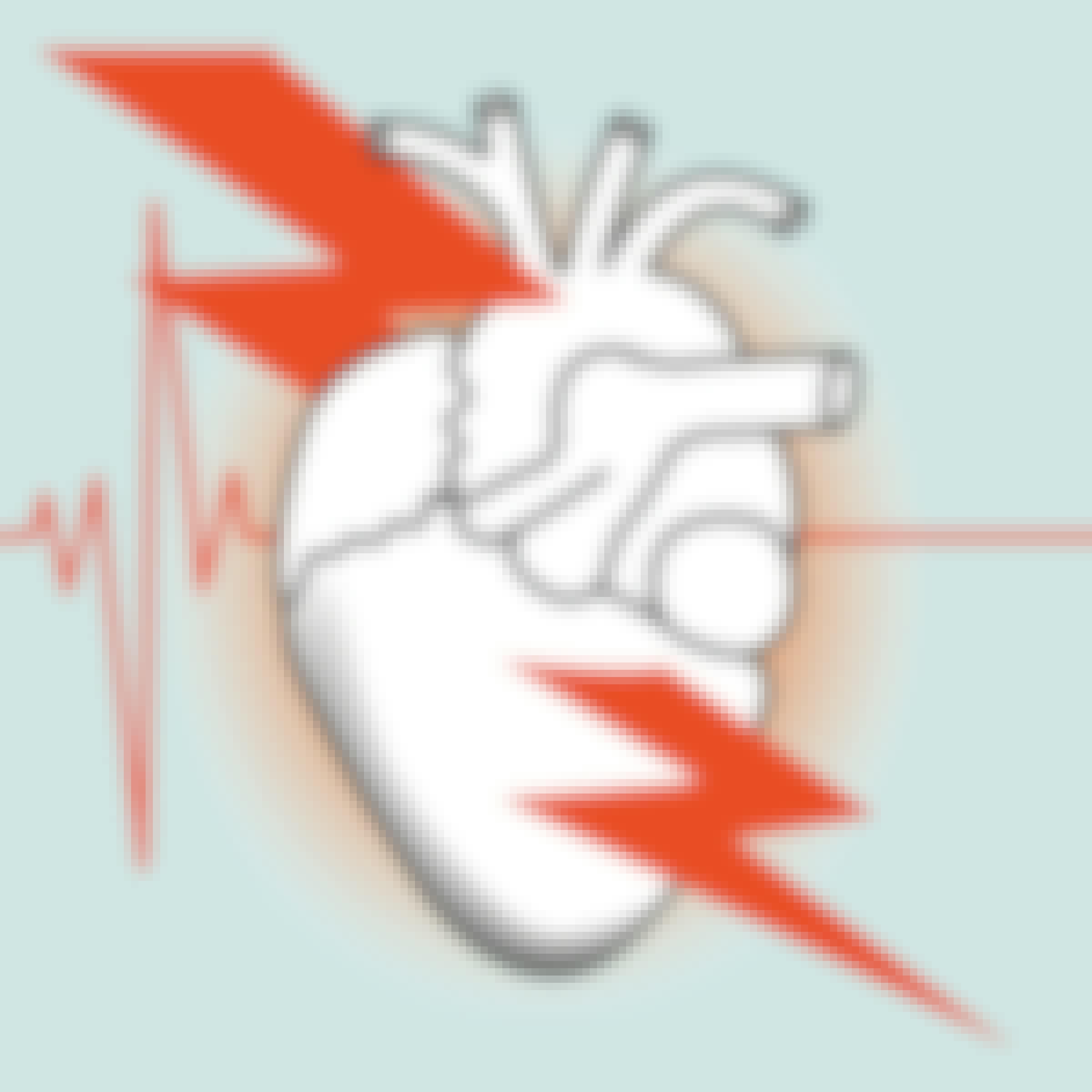

University of Zurich
Skills you'll gain: Electocardiography, Anatomy, Preventative Care, Internal Medicine, Medical Emergency, Blood Pressure, Stress Management, Patient Treatment, Health Care, Behavioral Health, Vital Signs, Risk Analysis


National Academy of Sports Medicine
Skills you'll gain: Goal Setting, Kinesiology, Health Assessment, Preventative Care, Respiration, Automated External Defibrillator, Cardiopulmonary Resuscitation (CPR), Overcoming Obstacles, Mechanics, Motivational Interviewing, Injury Prevention, Coaching, Anatomy, Safety Training, Physical Therapy, Motivational Skills, Medical Terminology, Food and Beverage, Health Care, Personal Development
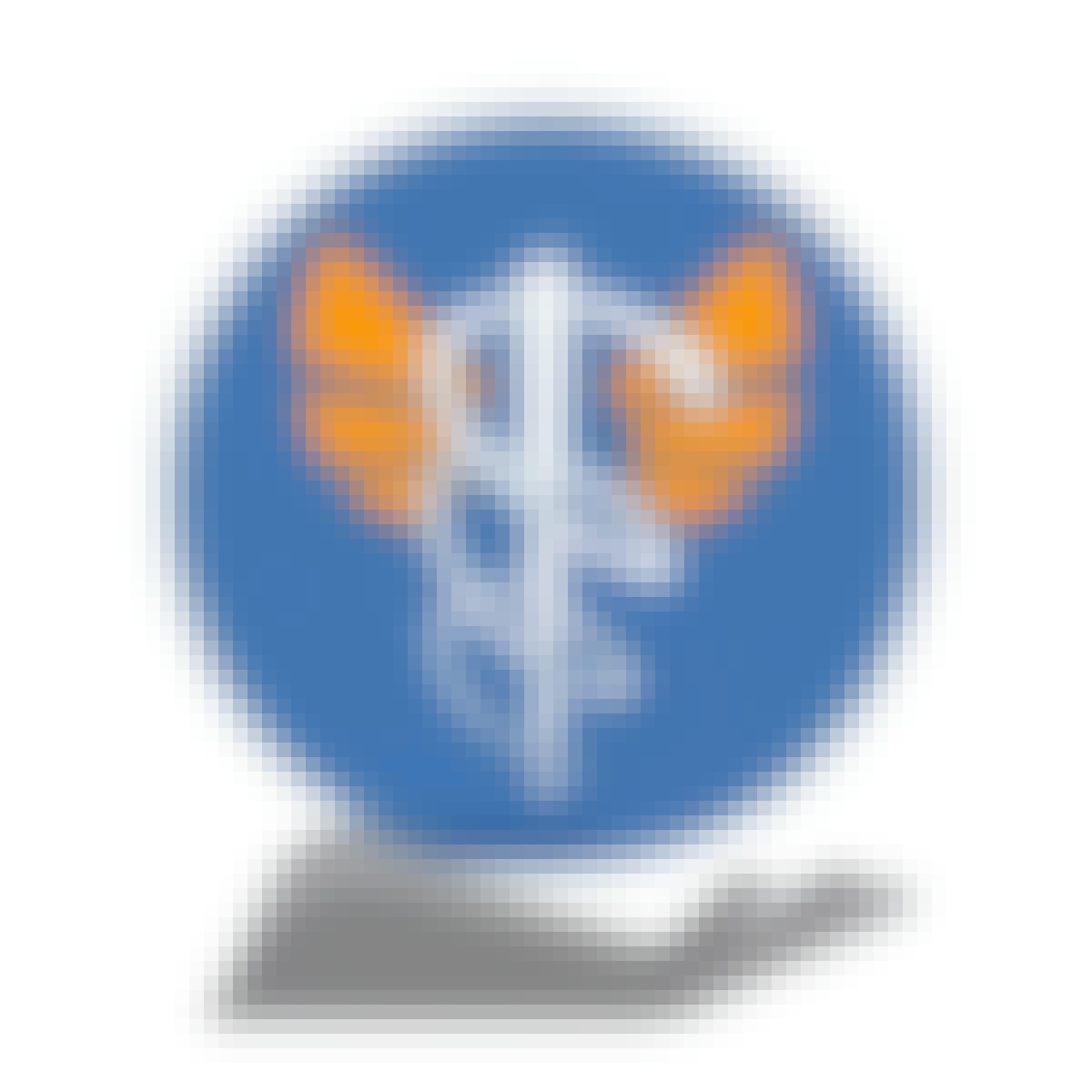

University of Colorado System
Skills you'll gain: Vital Signs, Trauma Care, Cardiopulmonary Resuscitation (CPR), Medication Administration, Automated External Defibrillator, Emergency Medical Services, Medical Emergency, First Aid, Emergency Medicine, Medical Terminology, Neonatal Intensive Care Unit, Health Assessment, Acute Care, Hazard Communication (HazCom), Pediatrics, Clinical Experience, Injury Prevention, Triage, Emergency and Intensive Care, Patient Treatment
In summary, here are 10 of our most popular cardiovascular+training courses
- Psychological First Aid: Johns Hopkins University
- Science of Exercise: University of Colorado Boulder
- Introductory Human Physiology: Duke University
- Master Microsoft Office 365 and Power Platform: Microsoft
- Vital Signs: Understanding What the Body Is Telling Us: University of Pennsylvania
- The Science of Training Young Athletes: University of Florida
- Learning and Development: HRCI
- Anatomy: University of Michigan
- Managing Your Health: The Role of Physical Therapy and Exercise: University of Toronto
- Myocardial Infarction: University of Zurich












